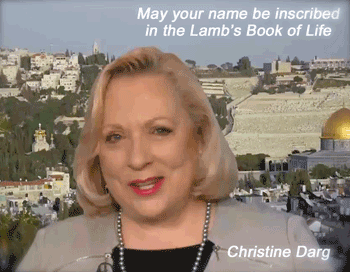 The God of Israel keeps time differently from the nations! Most people in this world haven’t a clue that we’re on the verge of the mystical palindrome number of 5775, the Jewish New Year! It is also a Shmita (sabbath) year.
The God of Israel keeps time differently from the nations! Most people in this world haven’t a clue that we’re on the verge of the mystical palindrome number of 5775, the Jewish New Year! It is also a Shmita (sabbath) year.
The Biblical Feast of Trumpets, also called Rosh Hashanah (the head of the year), has become the civil Jewish New Year. It is also the birthday of creation!
The Feast of Trumpets and the Jewish New Year Rosh Hashanah begin Wednesday September 24 this year 2014 at sundown. In the Bible, this holiday is called Yom Teruah, meaning literally, the Day of Shouting or blowing trumpets. (At this off-site link, my friend Nehemia Gordon explains how the Day of Shouting become Rosh Hashanah.)
In God’s eternal mind, the holiday is the Day of Shouting (making a clamor, which includes trumpets, of course). This celebration marks the beginning of the High Holy Days on the Jewish calendar–the Ten Days of Awe that conclude with Yom Kippur, the Day of Atonement. This is increasingly an awesome season to approach annually– not just in the Jewish world–but also in the Christian world.
Many evangelicals are recognizing the eternal patterns of Abba, the God of Israel, and the deep symbolism set down in the Levitical Festivals in the Torah. Added to the suspense in more recent times are the appearance of the tetrad of blood moons as portents in the heavenlies–God is trying to get our attention!
Just as we believe Jesus (Yeshua is his Hebrew name) fulfilled all the spring Levitical Festivals, so He will also fulfill the fall festivals.
Therefore, many believers listen for the sound of the heavenly shofar on the Day of Shouting/Feast of Trumpets/Rosh Hashanah as a symbol of the Rapture (catching away) of the followers of the Messiah. Basis for this hope is found in 1 Thessalonians 4: 16-17, “For the Lord himself shall descend from heaven, with a shout, with the voice of the archangel, and with the trump of God: and the dead in Christ shall rise first; then we that are alive, that are left, shall together with them be caught up in the clouds, to meet the Lord in the air: and so shall we ever be with the Lord.”
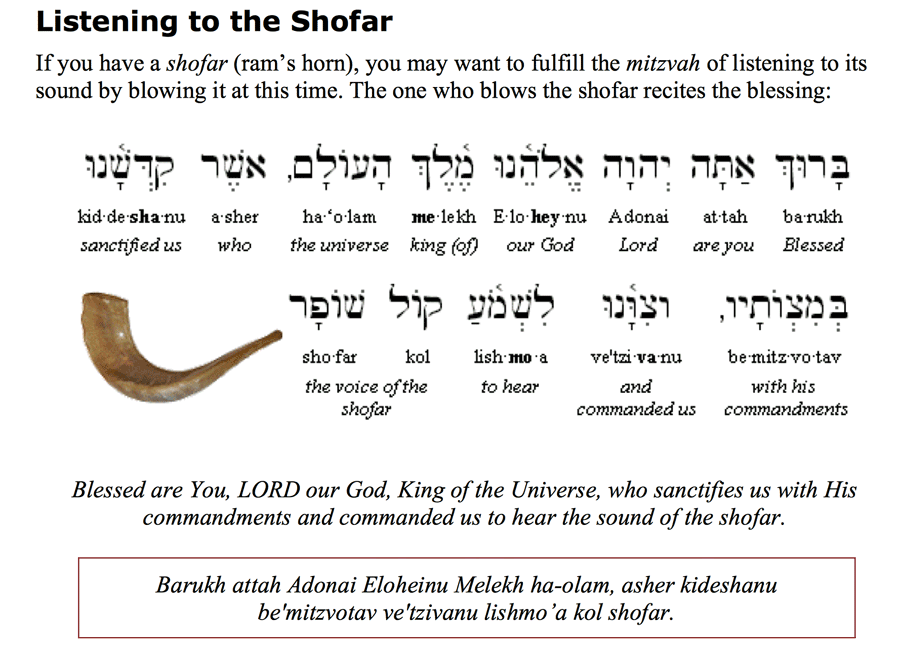
Screenshot from a free Rosh HaShanah home seder by © John J. Parsons available at www.hebrew4christians.com
Increasingly many evangelical believers who are spiritually awake and patiently looking for the coming of the Lord expect His imminent Second Appearing.
Although we resist the temptation to set dates, we nevertheless have produced a short video to explain why many believers look specifically for the Second Advent of the Lord at the Feast of Shouting/Trumpets. To watch click here.
We have also produced a half-hour video explaining the prophetic significance of all the Festivals of the Lord. To watch click here.
Because Trumpets/Rosh Hashanah falls around the beginning of apple season, it’s customary to eat apples dipped in honey. The apple has become the “first fruit” to recite blessings and to ask God “to renew this year for us with sweetness and happiness.”
Our God is a God of order. The spring festivals (Passover, Firstfruits, and Shavuot) were perfectly fulfilled in great details in the first coming of Yeshua as Mashiach ben Yosef (Messiah, the son of Joseph).
Without a doubt, believers know that the Lord will also fulfill the fall festivals (Rosh Hashanah, Yom Kippur, and Sukkot) in His second coming as Mashiach ben David (Messiah, son of David).
The word in Hebrew for festivals is mo’adim. It is important to thank God for His great plan of salvation as revealed in the festivals (mo’adim).
According to the Talmud, on Rosh Hashanah the Jews are given ten days, known as “Days of Awe,” to set their lives on the correct path.
The Three T’s: According to the rabbis, there are three ways to alter one’s fate and to be sealed into the Book of Life: Teshuva (repentance), Tefillah (prayer, a labor of the heart), and Tzedakah (almsgiving). The word teshuva literally means to respond or to return, the idea being that one can atone for one’s sins by repenting and returning to what is right and good.
Therefore our Hebrew roots provide the perfect foundation to understand the very necessary concept of repentance and making restitution before God. However, the New Testament teaches that we are not able to atone for our own souls but that the Messiah has made atonement for the world. To receive the eternal benefits of his perfect and substitutionary Atonement, we must individually receive the finished work of Messiah through repentance. His Atonement is always, continually available:
While this season provides opportunity to repent for wrongdoing and to consecrate ourselves to God, it is good to understand that NOW is always the time to seek the Lord: “Behold, now is the accepted time; behold, now is the day of salvation.” (2 Corinthians 6:2)
Followers of Rabbi Jesus/Yeshua believe He died to make Atonement as God’s sacrificial lamb upon the altar of the Cross. We choose to look by faith to judgment of our sin on the Cross for all time and eternity. And when we look at the Cross, as Moses lifted the brazen serpent in the wilderness, we live: therefore, our sins are forgiven vicariously. We humbly acknowledge that salvation is available to all who repent 24/7 365 days of the year. We also humbly acknowledge that this great salvation would never have been possible without the Saviour and without the foundational structure that the Jewish people have provided for us. That is why Jesus said “salvation proceeds from the Jews.” (John 4:22) And that is why I describe myself as a Judeo-Christian. Without my foundational Hebraic roots, Christianity cannot be explained or understood.
The Jewish people have a saying for this season, “May your name be inscribed.” Israelis say to one another during these Days of Awe in Hebrew, “G’mar hatima tova,” meaning may your name be inscribed favorably in the Book of Life. They believe on Rosh Hashanah a person’s name is recorded in the Book of Life, and on Yom Kippur the books are sealed. Thank God, as long as the Gospel door of hope is open, our names can be written permanently, and not just year to year, in the Lamb’s Book of Life. This transaction happens when we repent and believe the Good News! But the door of hope will not remain open forever. Soon the Lord will return as Judge.
We are eternally grateful to our Jewish Saviour that because of the merit of his finished work on the Cross, when we put our trust in Him, our names are inscribed and sealed in the Lamb’s Book of Life. (Revelation 3:5; 13: 8; 21: 27)
“Today IS the day of salvation.” Today IS always the day of the last call. Why? God never promises us tomorrow.
“Today, if you hear his voice, do not harden your hearts as you did in the rebellion.” (Hebrews 3: 15)
Christians are not obligated biblically to keep this festival in a ceremonial way, but you are free in Messiah to enjoy the benefits of so great a salvation by giving thanks at a traditional Jewish New Year festive meal. To download a free Rosh Hashanah home seder guide simplified for Christians click here. The circular shape of the challah bread reminds us of the annual cycle.
“He that overcomes shall be clothed in white raiment; and I will not blot out his name out of the Book of Life, but I will confess his name before my Father, and before his angels.” (Revelation 3:5)

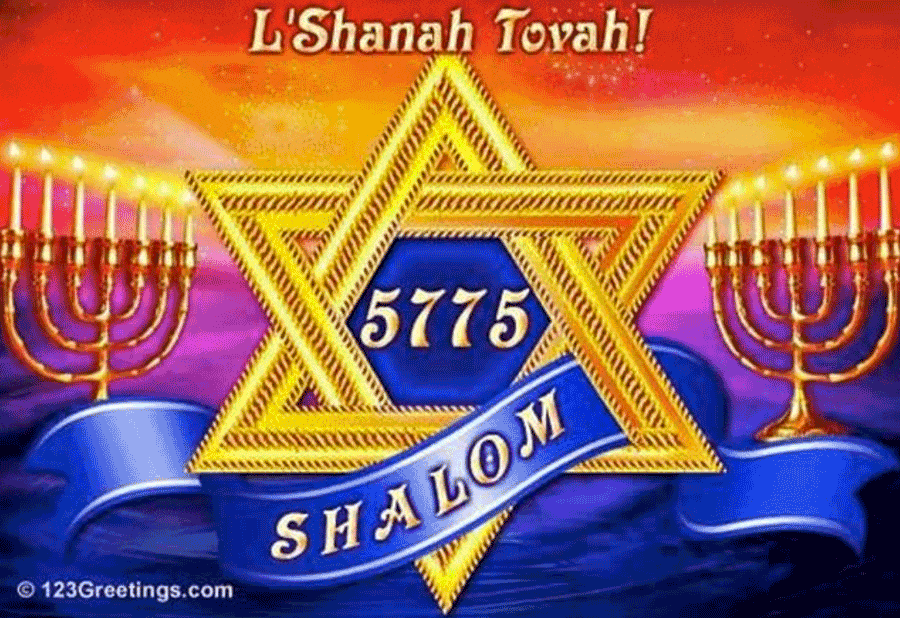
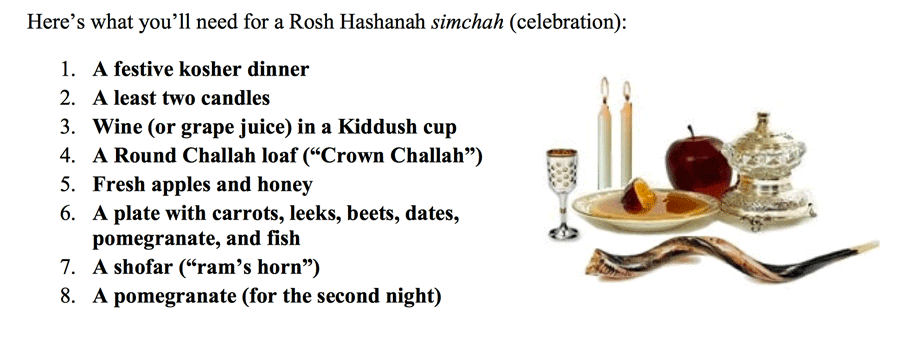

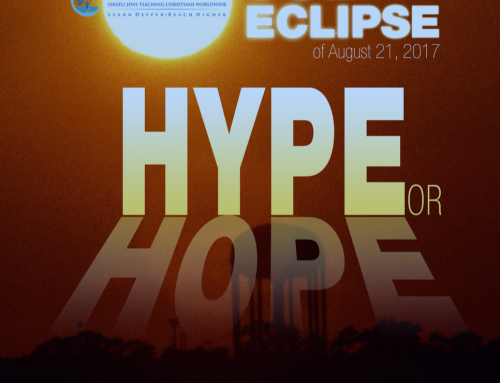
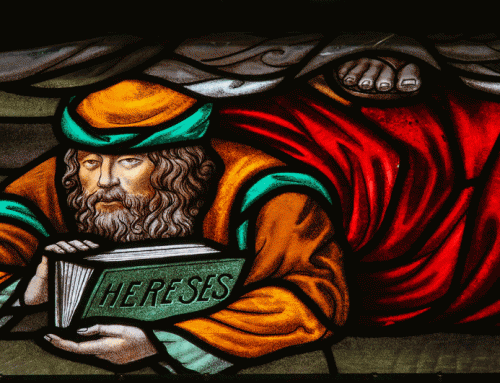
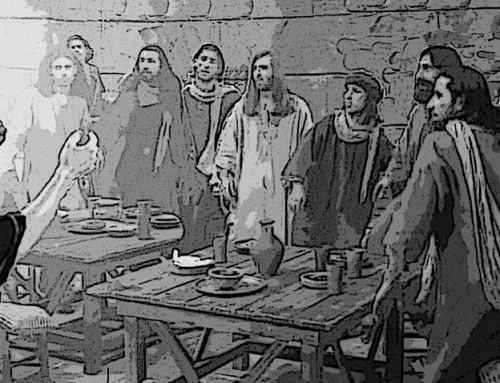
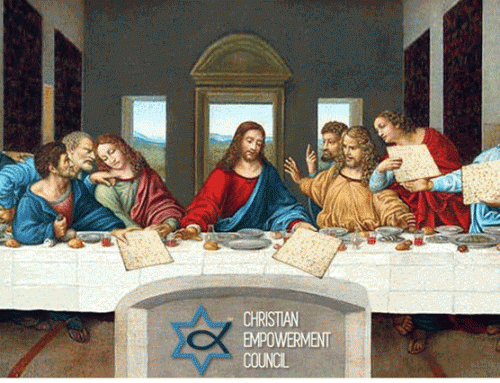
I have noticed that your website needs some fresh articles.
Writing manually takes a lot of time, but
there is tool for this time consuming task, search for: Wrastain’s
tools for content